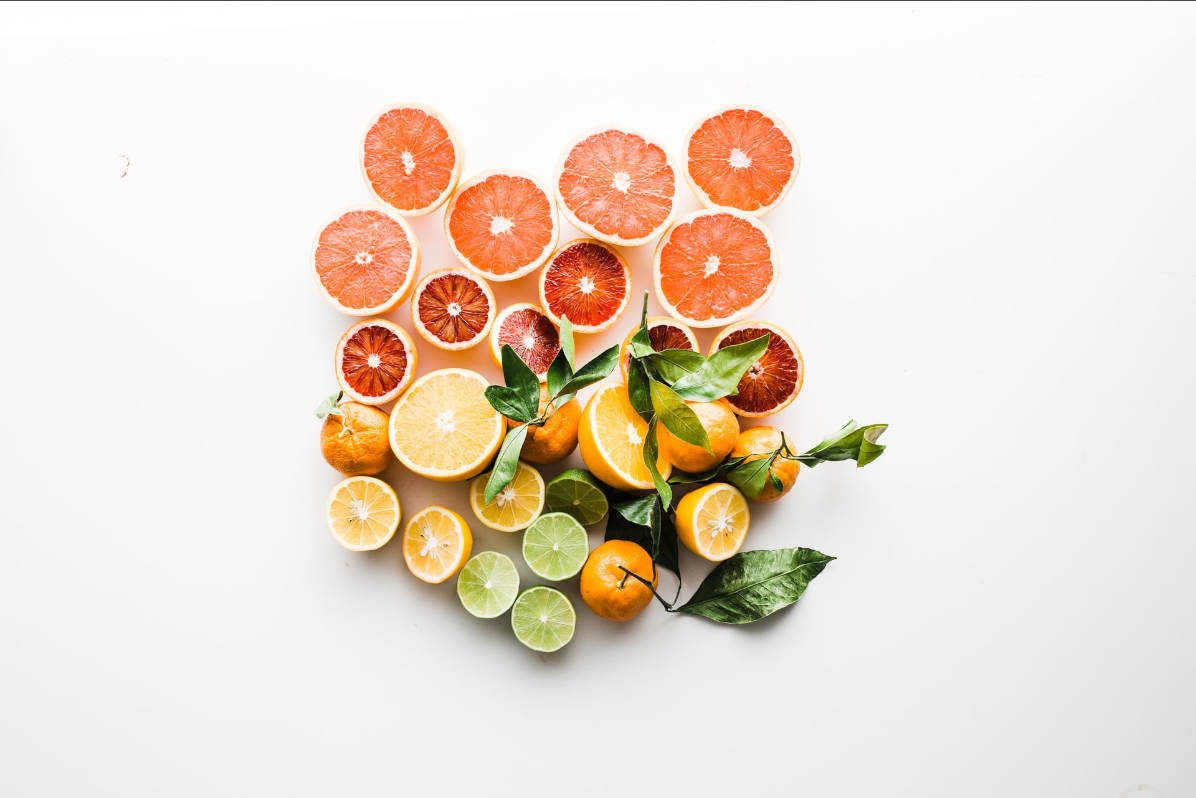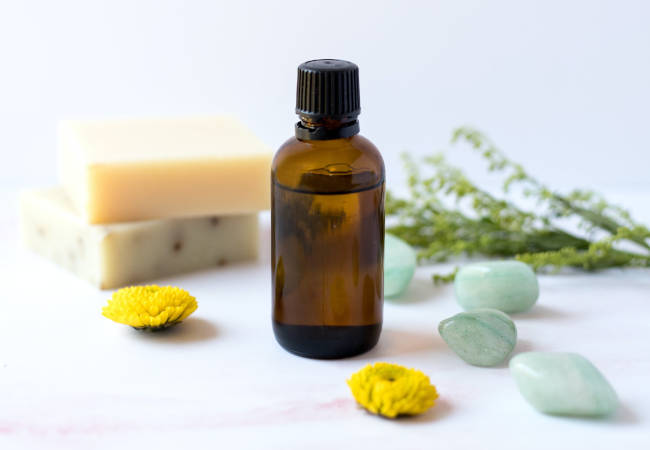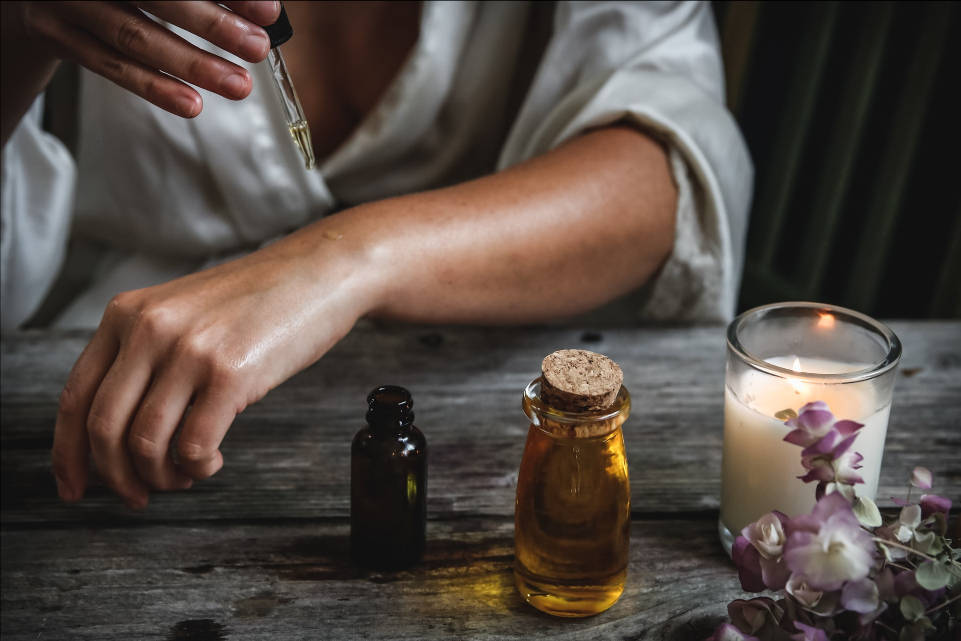Essential oil is a type of concentrated oil derived from different plants. The term “essential” means it contains the plant’s essence, i.e., its fragrance. It is extracted using a variety of methods, such as cold pressing and distillation.
Buying essential oils can sometimes be confusing, even if you’re buying it from a trusted distributor like Love Thy Oils. How do you know which oil to buy, and which types of oil will benefit you? We will answer that question and more in the guide below.
1. The Price
Notice that some essential oils are a lot more expensive than others. The price difference is because extraction processes vary from one type of plant to another. Some processes are more difficult, and so the price of those is higher.
For instance, it is more difficult to extract oils from agarwood than fruits like lemon. Manufacturers can end up tagging $800 per ounce of agarwood essential oil due to the long and difficult extraction, but they will only charge $15 per ounce of lemon essential oils. Note the prices of these oils for some price comparison. A trusted seller like Love Thy Oils will give you fair market value for various oils.
Steer clear of stores that sell essences at the same price or sell really expensive oils at very low prices.

2. Check the Bottles and Product Label
The packaging and the bottles of these oils themselves will give you a clue whether the oils are of good quality. Note that the colour of the bottles should be dark blue or dark amber. Never buy essential oils packed in clear bottles since they let the light in. When oils are exposed to unfiltered light, they tend to spoil and lose their essences. With that in mind, you also shouldn’t buy ones that are packed in plastic bottles. Essential oils can dissolve in plastic, and that will contaminate them. Check the label—does it have the common name and the Latin name of the essential oil? You should also check the country of origin. For example, if you buy sandalwood essential oil, the label should also tell you its Latin name.
And then somewhere on it should be the country where the oil was produced. Note that some places are better known for producing certain quality oils than others. Note that the oils should also be packaged in small amounts. Manufacturers know that even a small 10 mL bottle full of oil can last for several months. If you use some in large quantities, you may end up spoiling the oil. The only time that you should buy them in large quantities is when you intend to resell them.
3. Check the GC-MS
Before you put anything in your shopping cart, ask for the gas chromatography-mass spectrometry report (GC-MS). This report will list the tests that have been done on the product, and it will help you determine if their contents are the actual oils that you want to purchase.

4. Avoid Diluted Oils
You may sometimes notice that some oils and essences are “diluted in vegetable oil.” That is different from having carrier oil. Essences diluted in veggie oil are of low quality, and they will leave an oily ring when you put a drop on a piece of paper.
tips for buying essential oils.
That wraps up the set of useful tips for buying essential oils. Choose products with proper packaging and quality. Make sure you get quality essences from a trusted seller.

About the author
Steffy Alen is a copywriter and content strategist. She helps businesses stop playing around with content marketing and start seeing the tangible ROI. She loves writing as much as she loves the cake.
Photo credits on Unsplash:
- Christin Hume
- Chelsea shapouri
- Sarah Gualtieri
- Brooke Lark



















